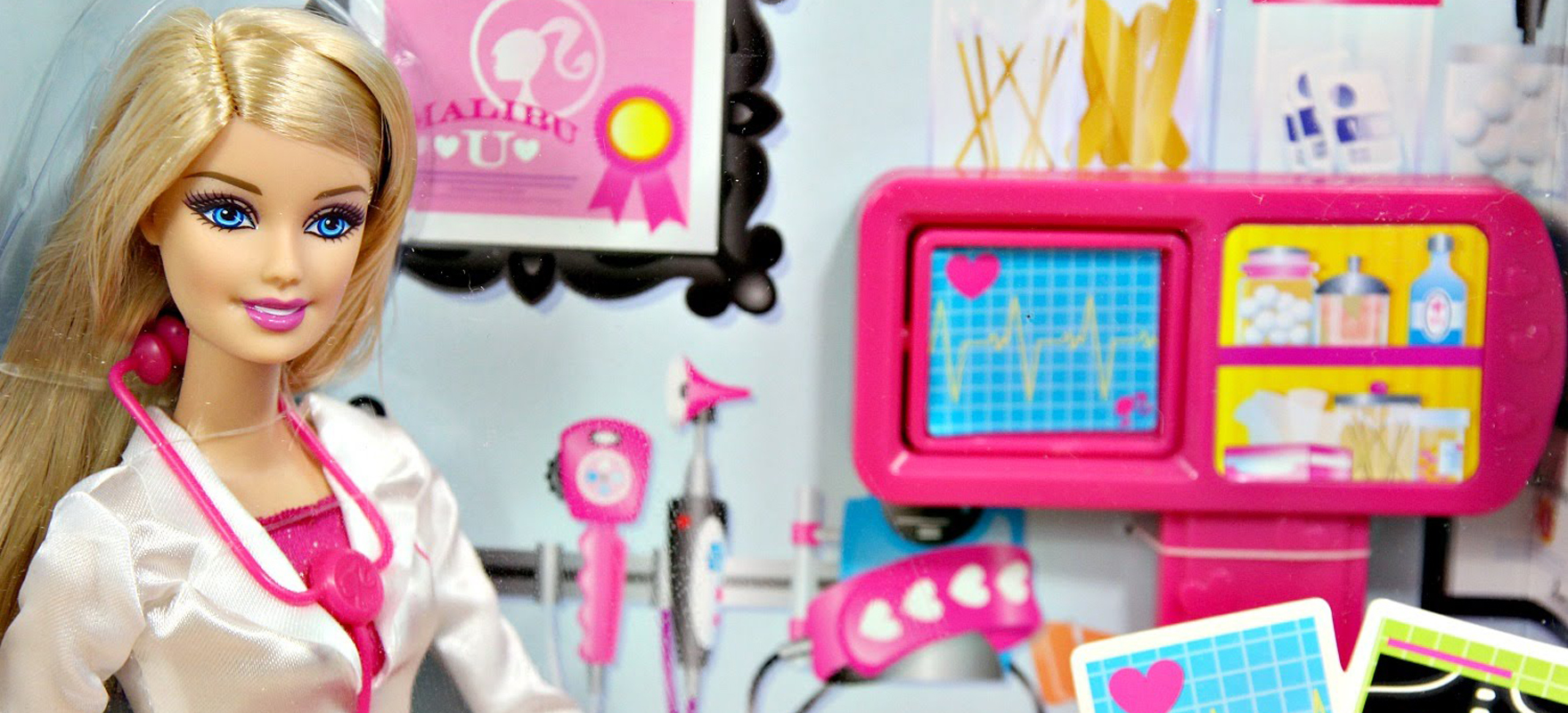Everywhere we look, parts of a doctor’s role are being done by other health professionals, says Dr Tim Senior
It seems that everywhere we look in health care, parts of a doctor’s role are being done by other health professionals.
To be honest, evidence shows patients quite like being seen by nurse practitioners.
What do we have to object to if a good pharmacist gives a vaccine, or recommends an appropriate medication, if it saves us some time to see other patients? Is there more to our objections than a turf war?
Most of us work in successful teams of health care professionals every day. In my work at an Aboriginal Medical Service, the Aboriginal Health Workers hear things that patients would never dare tell doctors (they can also say things that we doctors would never get away with). Our practice nurses are invaluable for making sure chronic diseases are managed systematically. We work with excellent community pharmacists who ensure people understand and receive their medications. I have worked with non-medical public health practitioners who worked on immunisation, communicable disease control and other areas of public health. In Zimbabwe, I have seen local non-medical health practitioners give very safe anaesthetics for routine procedures.
You can see the attractions of non-medical practitioners from a health manager’s point of view. Doctors look pretty expensive, when you compare our pay with that of other health professions. We can also be pretty annoying to work with – we certainly don’t like the Key Performance Indicators used to measure managers, and we don’t like protocols very much.
And we never quite manage to explain what it is we do as doctors that no one else in the health system does. Everyone – patients, health managers, nurses, pharmacists, and cleaners – think they know what we do.
So take a few minutes to sit down with a piece of paper, and answer the following question. Our professional future may depend on it.
What do GPs do that no one else in the health system does?
Some people will write down a set of tasks that we perform. We diagnose, we prescribe, we treat, we immunise, we request tests, we refer to specialists, and we request blood tests and X-rays and interpret the results.
Some of you would add that we perform anaesthetics, deliver babies, perform surgery, perform acute trauma care, and do public health.
These are really excellent lists. However, there are other people who can perform all items on those lists. As we describe activities that become more complex, other professions will rightly say, “so give us the simpler stuff to free you up”. Defining a GP’s role as a set of tasks makes us vulnerable as someone else can always be trained in a task.
Some people will answer the question of what we GPs do uniquely using current buzzwords. “GPs provide relationship-based continuing care in the community to people who are or believe themselves to be sick.” It’s a good description of our work, but doesn’t describe its uniqueness. There is no reason why a team without a doctor couldn’t do something a bit like this. Patients can develop a relationship with a nurse, have continuity of care and be managed well, as long as everything fits the protocol.
And that is where our unique selling point is. Nurses are good at following guidelines, for example in asthma or blood pressure. If you want a protocol followed, give it to a nurse. If you want a protocol mostly ignored, give it to a GP.
The type of patients we are expert in are those who don’t fit the guidelines. We are specialists at handling symptoms before they have coalesced into a condition, or even where there is no underlying condition. We are experts in dealing with multimorbidity. We are the only practitioners who manage the complex mix of physical, mental and social problems that take people outside of what guidelines suggest.
In simple terms, we know what to do when we don’t know what to do. And I can’t think of any other profession we can say that about.
We are specialists in uncertainty. We are the only professionals who have the skills to gather just the right information on physical and mental symptoms and people’s preferences and integrate it into a safe workable plan. We don’t get it right every time, as by definition it’s difficult.
And this is not to devalue the importance of protocols. We need to do the right things for our patients systematically, and do it for all our patients. But we also need to be responsive to individual need, recognising when the guidelines and protocols don’t fit. That’s why protocols are a necessary evil.
So we need to be out there saying that a health system that devalues GPs loses out, not necessarily because nurses and pharmacists can’t do parts of our job well. But because without GPs, the health system gets stuck at, “I don’t know.”
Dr Tim Senior is a GP working in Aboriginal and Torres Strait Islander health at GP Tharawal Aboriginal Corporation


